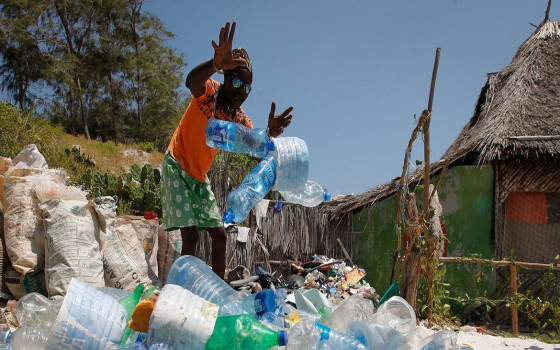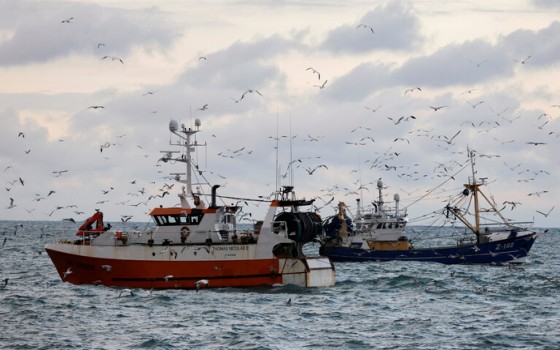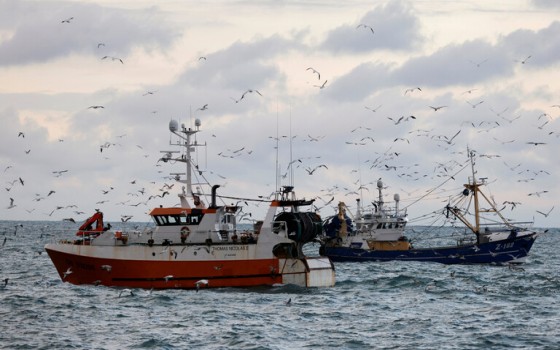
The United Nations is developing a roadmap to reduce plastic pollution

- Europe and Arabs
- Wednesday , 17 May 2023 13:37 PM GMT
New York - Brussels: Europe and the Arabs
Plastic pollution could be reduced by 80 percent by 2040 if countries and businesses make profound shifts in policies and markets using existing technologies, says a new report from the United Nations Environment Programme.
The report was issued ahead of the second round of negotiations to be held in Paris at the end of this month on reaching a global agreement to reduce plastic pollution.
The report also identifies the scale and nature of changes needed to end plastic pollution and achieve a circular economy.
The report, "Stopping Pollution: How the World Can End Plastic Pollution and Achieve a Circular Economy," focuses on finding solutions to plastic pollution, presents concrete practices and illustrates shifts in markets and policies.
Three shifts are required
In order to reduce plastic pollution by 80 per cent globally by 2040, the report proposes to first eliminate problematic and unnecessary plastics to reduce the scale of the problem. Thus, the report calls for three market shifts:
First, Reuse: Promoting reuse options, including refillable bottles, bulk dispensers, deposit refund programs, take-back programs, etc., can reduce plastic pollution by 30 percent by 2040.
Second, recycling: plastic pollution could be reduced by an additional 20 percent by 2040 if recycling becomes a more stable and profitable venture.
Third, reorient and diversify: Careful replacement of products such as plastic wrap, bags and finished products with products made from alternative materials (such as paper or compostable materials) can lead to an additional 17 percent reduction in plastic pollution.
“The way we produce, use and dispose of plastics pollutes ecosystems, poses risks to human health and destabilizes the climate,” said Inger Andersen, Executive Director of the United Nations Environment Programme.












No Comments Found